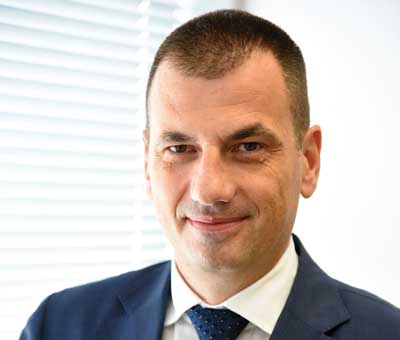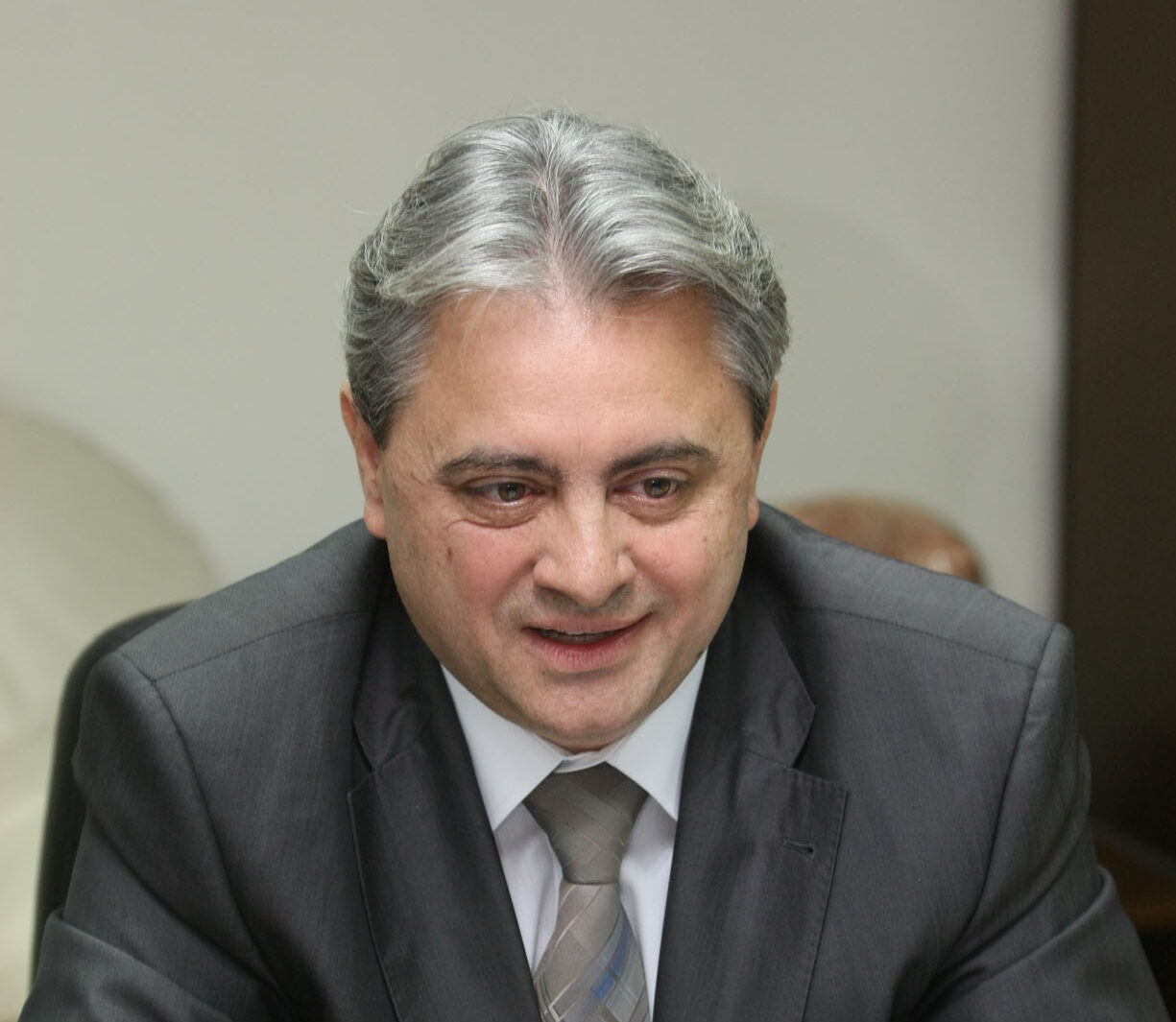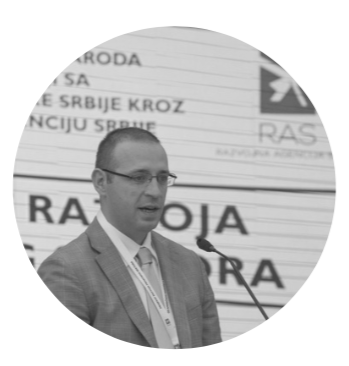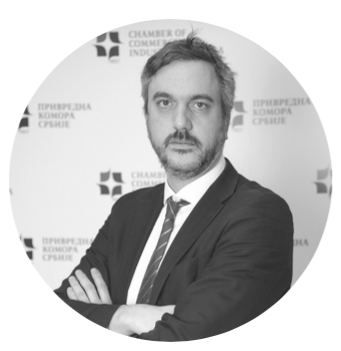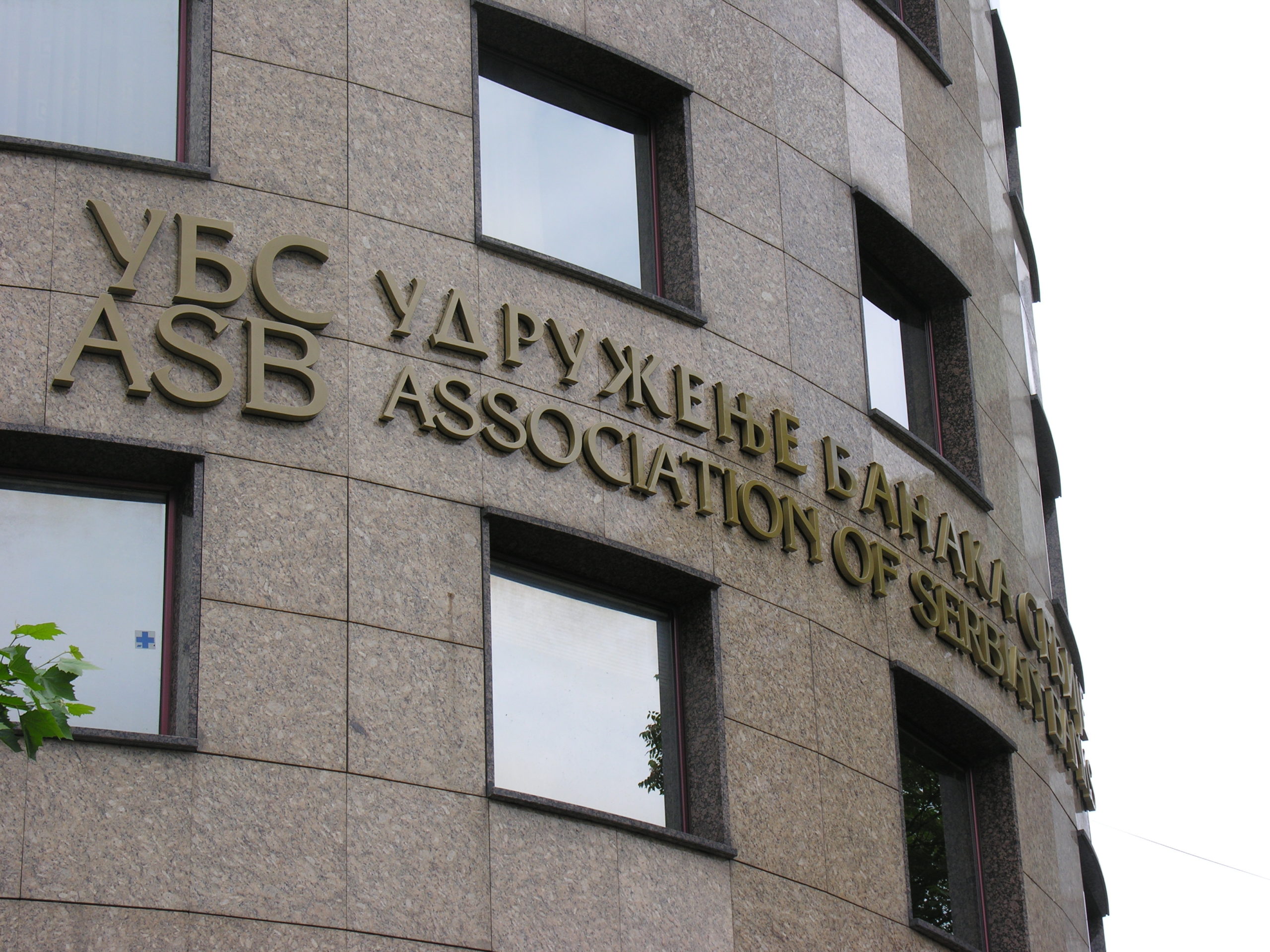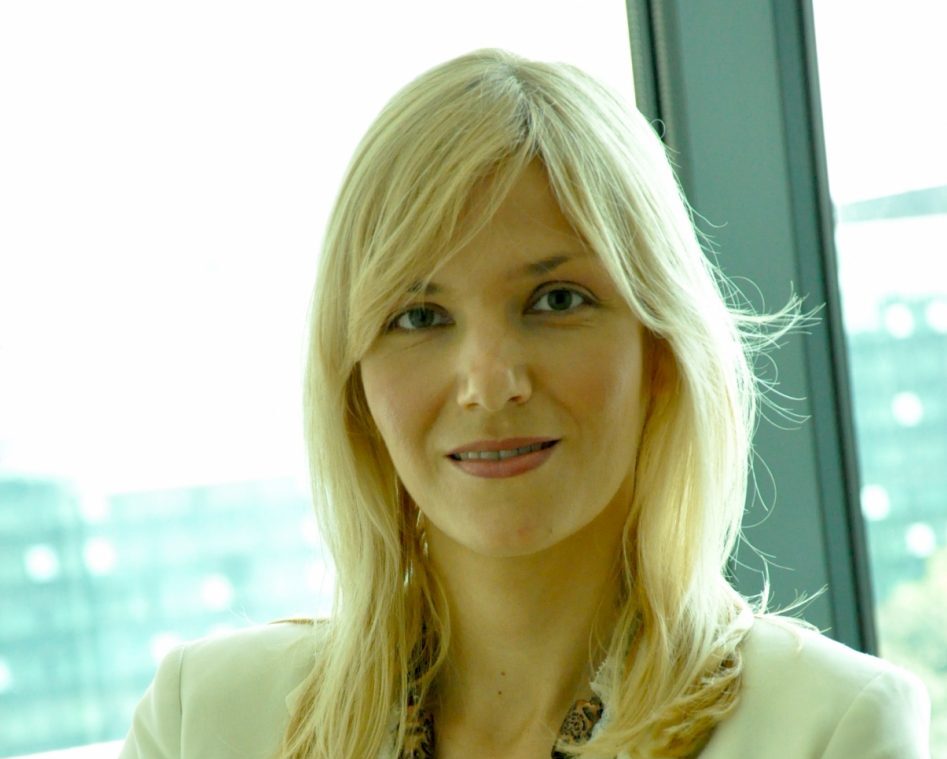Insights from Micheál O’Connor, Managing Director of Dornan Group
As Ireland solidifies its position as a global business hub, Cork has emerged as a key player with a thriving ecosystem for pharmaceutical companies, tech giants and engineers. Micheál O’Connor, the Group Managing Director of Dornan, shed light on Cork’s transformation and the factors driving Dornan’s growth. With its cutting-edge solutions, focus on attracting top talent, and strong connections with the United States, Dornan exemplifies Cork’s prowess in engineering and construction.

Over the past five decades, Cork has established itself as a center for the pharmaceutical industry, attracting major companies such as Pfizer and Eli Lilly. O’Connor remarked, “These companies have not only established a firm foothold in Cork but have also contributed to the growth of the local workforce and the expansion of the region’s product manufacturing capabilities.”
One of the factors contributing to Cork’s success is the presence of universities and colleges that offer courses tailored to meet the needs of industry. O’Connor noted that these universities play a crucial role in producing graduates equipped to operate successfully across a variety of industries.
For instance, in addition to the pharmaceutical sector, Cork has witnessed the rise of technology companies like Apple, which have leveraged the skilled workforce and supportive infrastructure in the region.
The growth of Cork’s engineering sector has also been particularly notable on the global stage. Irish engineering companies, such as Dornan based in Cork, have gained a reputation for their competitiveness and expertise, especially in fields such as data centers, life sciences, pharmaceuticals, renewable energy, and commercial construction.
O’Connor expressed optimism about the sector’s future, citing the increasing demand for data and the need for specialized facilities to support technological advancements. He mentioned how Dornan is known for their acute attention to detail from planning to handover and pride themselves on their ability to provide innovative engineering solutions that meet the complex needs of modern projects. The company leverages cutting-edge technologies and industry best practices to deliver sustainable, efficient and cost-effective solutions.
He stated, “We deliver world-class, innovative solutions across various sectors especially pharmaceuticals, data centers and life sciences. We continue to invest in cutting-edge, immersive technologies to manage all our projects. We utilize AI, offsite manufacturing and standardization to find new ways to improve on the building process and the overall performance.”
Utilizing pioneering technologies and solutions allows Dornan to stay ahead of the curve and continue to be at the forefront in the field. As technology continues to advance, O’Connor foresees further automation and the integration of 3D printing technology in the construction industry.
Expanding Horizons
A core aspect of Dornan’s strategy is closely aligning its growth with its clients’ needs. The company readily supports clients in expanding their developments and entering European markets, demonstrating its commitment to building strong relationships and delivering excellent service across different geographies. Dornan also collaborates closely with American entities operating in Europe, constituting a substantial portion—60-70 percent—of its business.
“Irish construction firms help to support the growth of US companies in Europe. This collaboration has been particularly influential in the construction of modern facilities across the continent,” he added.
Attracting Top Talent
Recognizing that a skilled workforce is the cornerstone of success, Dornan places a strong emphasis on attracting and retaining top talent. The company actively seeks out the best engineers and construction professionals, offering them a challenging and rewarding work environment. Dornan’s commitment to professional development, training programs, and career advancement opportunities ensures that their employees stay at the front line of industry trends and technologies.
As the company continues to expand into new markets and pursues fresh client opportunities, O’Connor attributes Dornan’s ongoing success to its exceptional employees. He added, “Their flexibility, dedication, and resilience have been vital to the company’s accomplishments.”
Additionally, O’Connor stressed, “There is a need for continuous development to uphold Ireland’s position as a global leader in engineering. Dornan aims to enhance its training and development efforts, position itself as an appealing employer for recent graduates, and underpin our position as an equal opportunity employer of choice through expanding our collaboration with educational institutions to generate greater interest in STEM subjects among all second-level students.”
As Ireland continues to establish itself as a global hub for engineering and construction, Dornan’s success story exemplifies the country’s vast potential and sets the stage for further growth.






